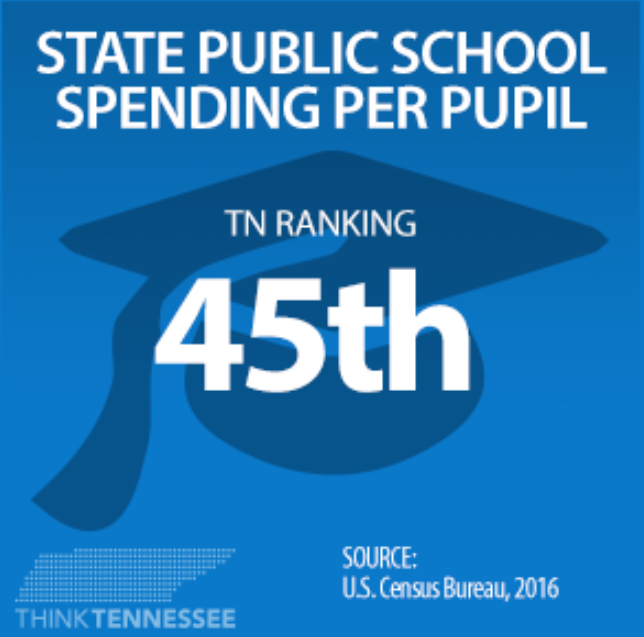While the debate around vouchers is loud and needed, we must not forget about the other bills that are making their way through the legislative process. Here are four bills that teachers need to know that will change how teacher effectiveness and preparation are measured.
The proposed bills all look like they will pass and become law. Spread the word about these bills so teachers will have the most updated information.
SB114/HB695 By Senator Bo Watson & Rep. Ryan Williams
There is a consensus that we need to improve the preparation of future teachers. Teachers need the most updated information from faculty that still have connections to the classroom.
The amended version of the bill requires education preparation faculty, including education deans, to have direct personal involvement in a school annually. The state summarizes that bill as follows:
Requires full-time educator preparation program faculty members, including academic deans, to have direct personal involvement in public schools or local education agencies (LEAs) annually. Requires faculty involvement to include professional learning targeted to pre-K through grade 12 teachers; learning focused on LEA specific initiatives; direct instruction to pre- K through grade 12 students; district-level partnership; or observation of pre-K through grade 12 teachers.
The bill has passed the Senate and is waiting to be taken up in the House Finance committee this week.
SB575/HB626 by Senator Dolores Gresham & Rep. Sabi Kumar:
Right now, you are able to log on the Teacher Prep Report Card to find out information about how teacher preparation programs are doing in preparing teachers for the classroom. This bill will add teacher observation data into this mix.
The bill requires the department of education to provide all state board of education approved teacher training programs access to annual evaluation data for teachers and principals graduating from the programs for a minimum of five years following the completion of the program.
It’s not clear if the public will be able to see the evaluation data from the different preparation programs. Either way, I hope the programs will use the data to improve.
The bill has passed the Senate and is waiting for the House to take it up this weeks.
SB1196/HB309 by Senator Mark Norris and Rep. David Hawk
This bill deals with assessment data that are used in overall teacher evaluations. The bill makes permanent the flexibility to use the most recent year of TVAAS student growth, if it leads to a higher evaluation score for the teacher. I’ve heard that some superintendents like this bill because it could be used to reward a teacher for a large one year growth. The three year growth option will allow teacher flexibility to change schools, grade level, or move to support a higher need population.
And here’s the state’s summary:
Requires the student growth portion of teacher evaluations to account for 10 percent of the overall evaluation criteria in FY16-17 and 20 percent in FY17-18 and each year thereafter. Requires that the most recent year’s student growth evaluation composite account for 35 percent of growth data in a teacher’s evaluation, if such use results in a higher evaluation score. Authorizes the use of educational progress and evaluation data for research purposes at postsecondary institutions. Requires Tennessee Comprehensive Assessment Program (TCAP) subject-area scores to make up the following percentages of elementary and middle school students’ final spring semester grades in grades 3-8: 10 percent in FY16-17; 15 percent in FY17-18; and 15 to 25 percent in FY18-19 and subsequent years.
This bill has passed the House and is waiting to be passed in the Senate.
SB250/HB67 by Senator Jim Tracy & Rep. Eddie Smith
This bill is trying to solve the problem that arises with teachers who teach in non-tested subjects. The state summary is pretty clear in this case:
Requires local education agencies (LEAs), by the 2018-2019 academic school year, to adopt at least one appropriate alternative growth model approved by the State Board of Education in order to provide individual growth scores to teachers in non- tested grades and subjects. Requires the Department of Education (DOE) to develop valid and reliable alternative student growth models for non-tested grades and subjects currently without such models.
What do you think?
Teachers, what are thoughts on these four bills? Let us know in the comments.
For more on education politics and policy in Tennessee, follow @TNEdReport.


